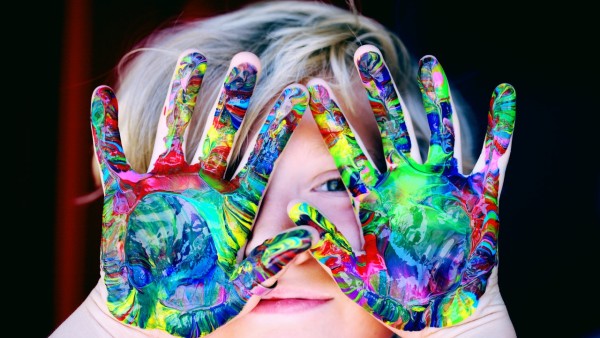In recent decades, we’ve witnessed extraordinary changes that would have been unimaginable 50 or 60 years ago. Back in the 1960s, experts predicted that by 2020, population growth would be so explosive that the planet would no longer be able to sustain us. Yet, starting in the 1970s, a sharp decline in global population growth began to emerge. Today, in nearly every part of the world, fewer than two children are born per woman—compared to five to seven children per woman before the 1970s.
The population pyramid has flipped. People are living well into their 90s, while fewer children are being born each day. Women are delaying childbirth, and infertility is becoming increasingly common. Demographic projections suggest that by 2080, there will be fewer than two children for every 100 elderly individuals aged 80 and above. Although Africa, Asia, and the United States still hold the highest population densities, none of them have had a replacement birth rate exceeding 2.5 live births per woman in the past decade.
The projections are alarming: children are disappearing. We are facing a future where the elderly will dominate a planet without children—leaving no new generation to take their place. This will lead to increased morbidity from age-related diseases, higher social spending to treat chronic conditions, and a shortage of younger people to care for families, run businesses, and support healthcare systems.
In response to this crisis, a global society of doctors and scientists from around the world has come together to rescue ovaries and testicles from aging. Supported by institutions worldwide, this initiative promotes scientific advances in fertility and gonadal bioregeneration, encouraging couples to have children—with our help.
Headquartered in Dubai, this organization is called the Global Organization of Gonadal Bioregeneration (GOGB). We are proud to announce that this prestigious society, representing more than 11 countries, is led by a Venezuelan woman and scientist as its president.
By: Carmen Navarro, MD, PhD
Gynecologist – Obstetrician and expert in Human Reproduction, Reproductive Endocrinology, and Molecular Biochemistry

